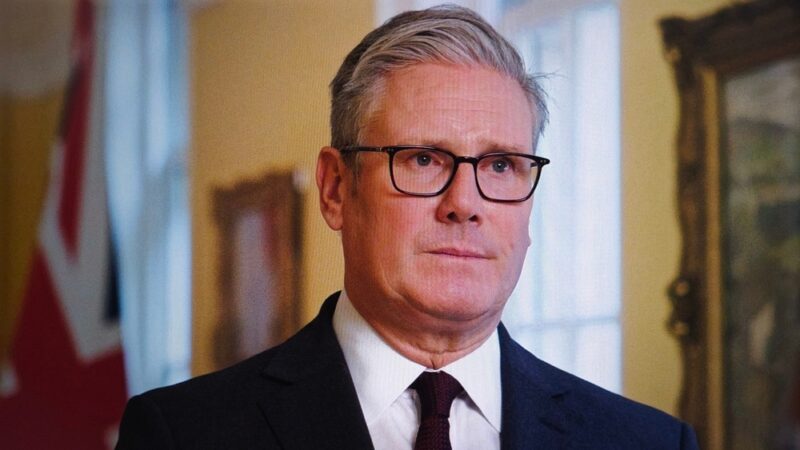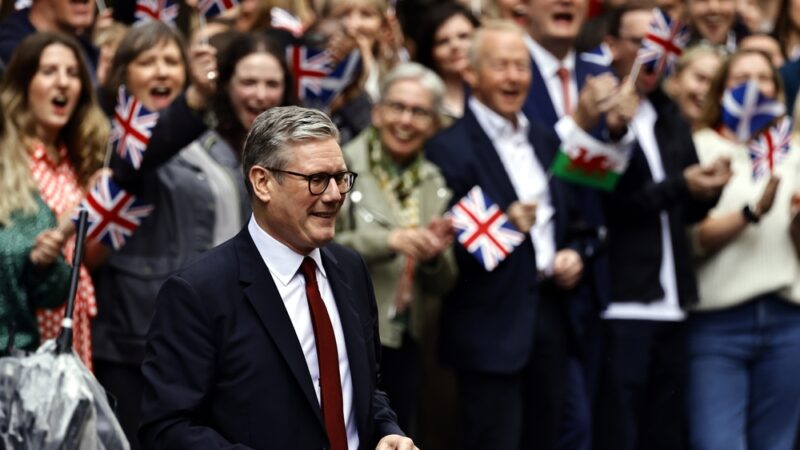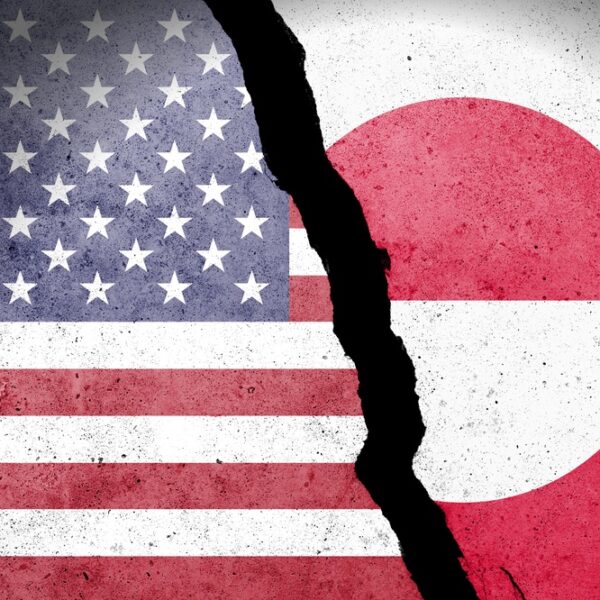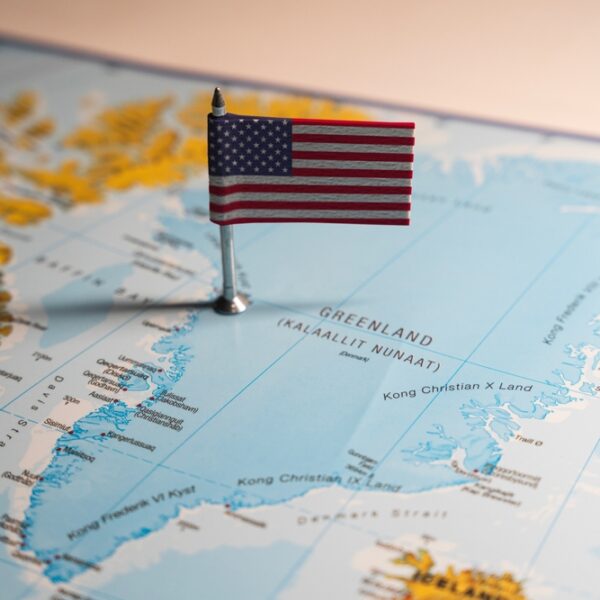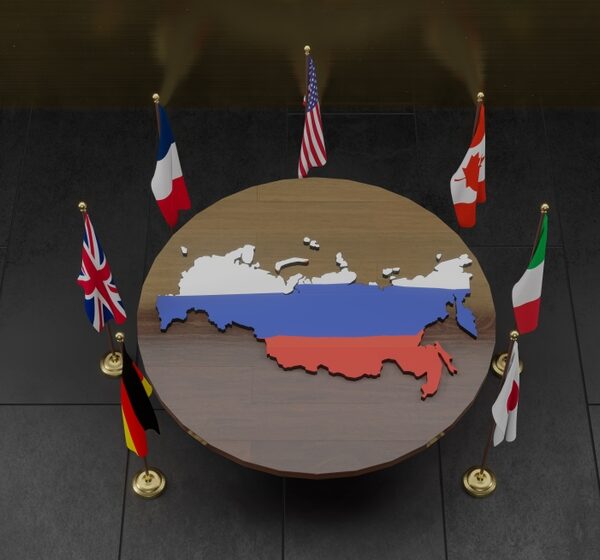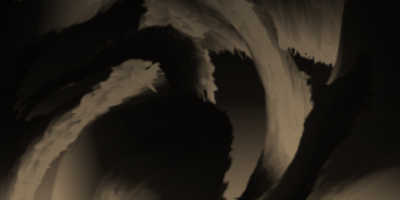BBC Employees and Artists Sign Open Letter Criticising Coverage of Gaza Conflict
Here at Prime Planet, our Think section is dedicated to uncovering and analysing media bias. Occasionally, employees of the outlets we look into take matters into their own hands.
More than 100 BBC employees recently signed an open letter to Director General Tim Davie raising concerns about the broadcaster’s coverage of the conflict in Gaza. The letter, which has also been signed by over 300 figures from the wider media and arts community — including actors Miriam Margolyes and Charles Dance, and filmmaker Mike Leigh — claims that the BBC’s reporting has not met its own editorial standards and accuses the corporation of acting as “a mouthpiece for Israel.”
The signatories argue that the BBC has failed to adequately reflect the reality of the situation on the ground in Gaza, and some claim that staff have faced censorship in the name of impartiality. The letter states that employees have at times been “accused of having an agenda” for sharing articles critical of the Israeli government on their personal social media accounts.
The letter also criticises the BBC’s decision to cancel the broadcast of the documentary Gaza: Doctors Under Attack. While the programme had been approved by senior editorial figures, the BBC said it had not completed its final pre-broadcast checks and that airing it risked creating a “perception of partiality.” The film has since been picked up by Channel 4.
The letter further calls for BBC board member Robbie Gibb to step down, citing his ties to the Jewish Chronicle and alleging his involvement in editorial decisions relating to Gaza coverage. The BBC has denied that its board or Gibb were involved in the decision to drop the documentary, and the letter does not provide evidence that Gibb directly influenced that or other coverage.
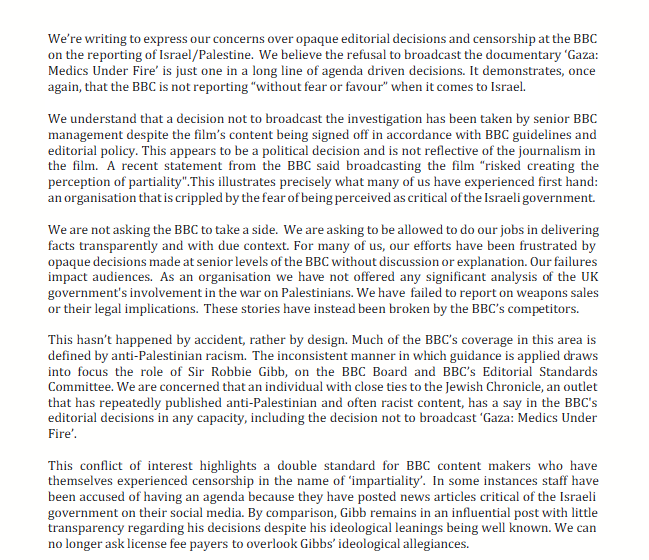
A BBC spokesperson responded, saying: “Robust discussions amongst our editorial teams about our journalism are an essential part of the editorial process. We have ongoing discussions about coverage and listen to feedback from staff and we think these conversations are best had internally.”
The corporation added that it remains “fully committed to covering the conflict impartially” and pointed to recent reporting and documentaries, including Life and Death in Gaza and Gaza 101, as examples of its coverage.
The letter comes amid wider debate about the BBC’s editorial decisions on reporting the Israel-Gaza conflict. It follows controversy over the broadcaster’s live stream of punk-rap duo Bob Vylan’s performance at Glastonbury Festival, during which the band chanted “death to the IDF,” prompting further questions over how the BBC balances freedom of expression and its editorial guidelines.
You can read the letter below.
883074324-BBC-Open-Letter

